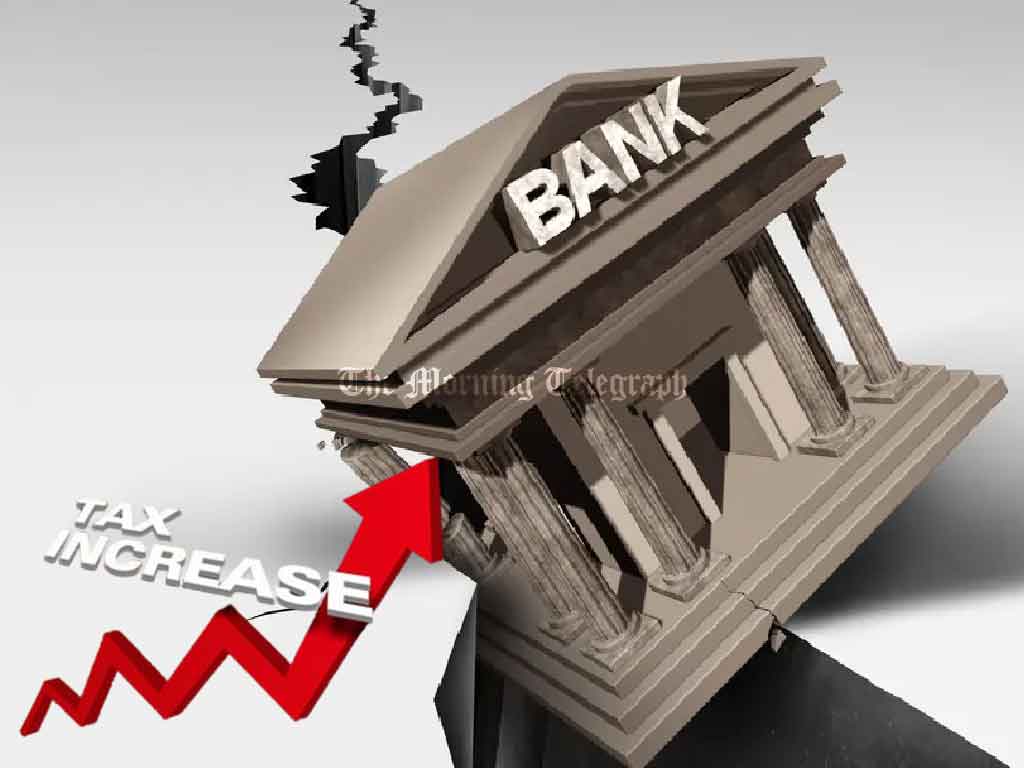
Economic analysts have raised alarms about the potential destabilization of Sri Lanka’s banking system following the government’s decision to increase the withholding tax on bank interest from 5% to 10%. This move, aimed at bolstering state revenue, has already sparked concerns among depositors and experts alike.
The withholding tax hike has led many fixed deposit (FD) holders to consider withdrawing their funds, fearing diminished returns. Analysts point out that even at the previous 5% tax rate, a significant number of depositors had withdrawn their savings, resulting in a sharp decline in the Inland Revenue Department’s earnings from interest taxes. Revenue dropped from Rs. 13 billion annually to just Rs. 5 billion, according to Finance Ministry sources. With the tax rate doubling to 10%, the revenue is expected to fall further as more depositors move their funds away from fixed deposits or seek alternative investment opportunities.
Banking sector experts warn that the trend could severely impact liquidity levels within financial institutions, potentially leading to disruptions in the banking system. Fixed deposits are a critical source of funding for banks, and a mass withdrawal could hamper their ability to lend, further straining the economy.
The Finance Ministry, in response to these concerns, has stated that depositors who are registered taxpayers can reclaim the withholding tax on their interest earnings. By submitting their income reports to the Inland Revenue Department, individuals can apply for a refund. To facilitate this, the Ministry has pledged to introduce a streamlined process to encourage compliance and ease public concerns.
Despite these assurances, economic analysts remain skeptical about the policy’s overall impact. They argue that while the measure aims to increase government revenue, it risks undermining public confidence in the banking system, creating long-term challenges for both financial institutions and economic stability. This development comes at a time when Sri Lanka is striving to recover from a prolonged financial crisis, and experts warn that the policy’s unintended consequences could set back these efforts.




